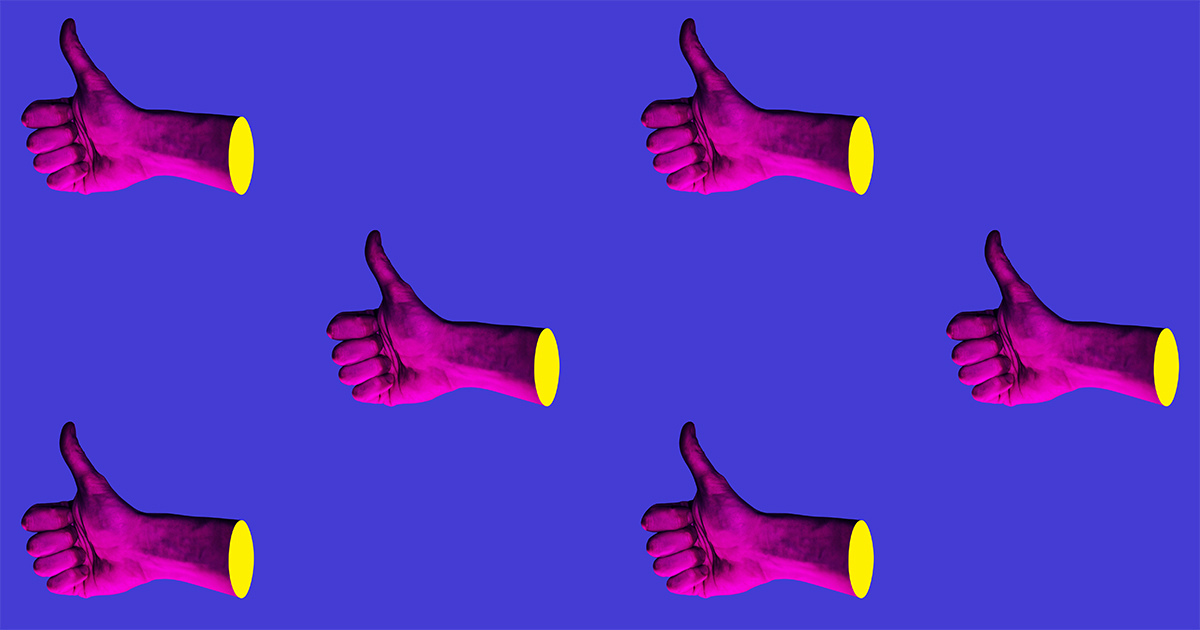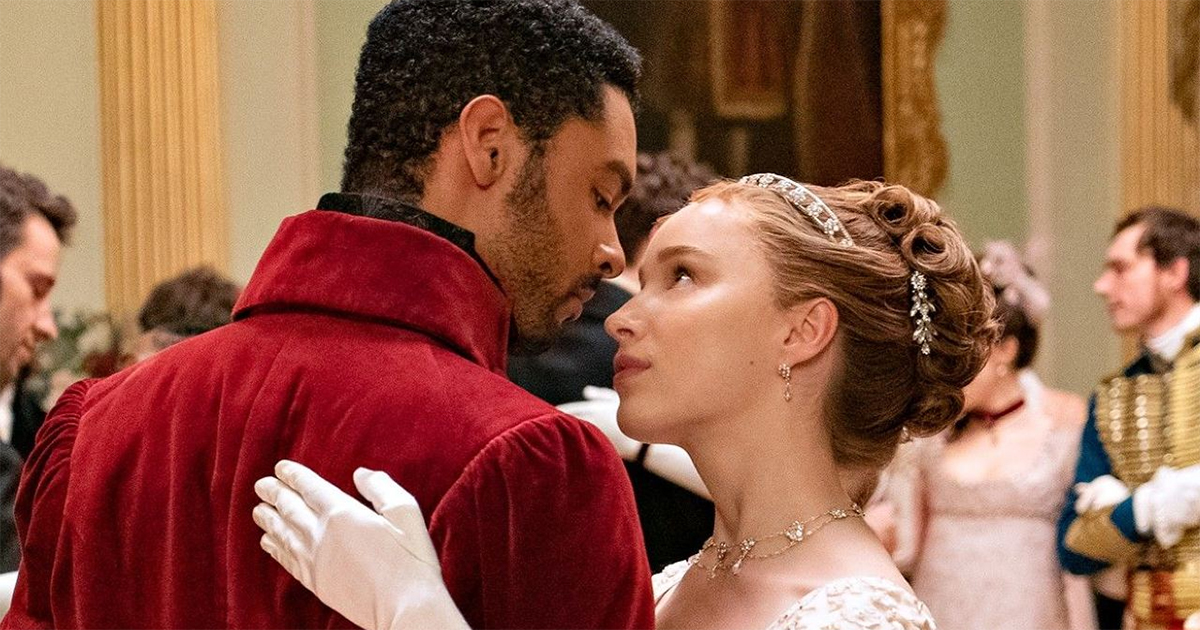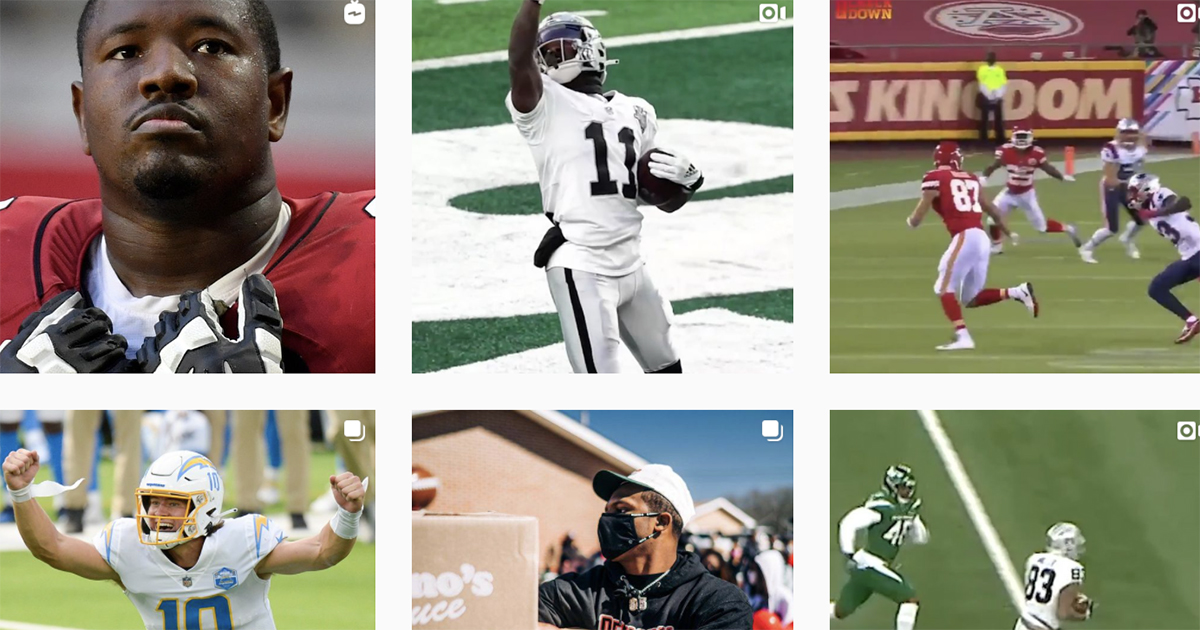
We all know what we mean by the terms “influencer” and “content creator,” right? Content creators create. They are artistic, entrepreneurial and righteous. Whereas influencers have sold their soul but at least aren’t shy about it.
Let’s pause and rewind because the two aren’t mutually exclusive. Both influencers and creators involve the independent, serial production of content for social media platforms. They are both renumerated in similar ways, through a mix of platform revenue-sharing schemes, sponsorships, and fan-funded models. Why, then, are they made to sound like different things?
Sophie Bishop, a lecturer in the Department of Digital Humanities at King’s College London, has written a brilliant article for tech mag Real Life challenging our preconceptions of influencer culture.
Within digital culture, she writes, the term influencer typically connotes someone specializing in advertorial, with an ability to persuade audiences to buy things. Creator, by contrast, evokes someone making art, motivated by their vocation rather than the likelihood that their content will attract sponsorship.
READ MORE: Name of the Game (Real Life)
This distinction is also sexist. Bishop quotes a 2019 Wired article by Emma Grey Ellis, who argued that women are more likely to be called influencers and men are more likely to be called creators.
“In many ways, the distinction between influencer and creator is the product of longstanding critical divisions between art (seen as organically created) and mass culture (seen as manufactured and dangerous). Influencer suggests a mode of distracting and sedating the public, creating generations of docile consumers. Creator reaches into a different tradition.”
— Sophie Bishop
Influencers, Ellis argues, are often derided in popular culture and dismissed as frivolous because they use self-representations in part to sell products; detractors thus accuse them of being vain and narcissistic. They sit below creators within the value hierarchy of online culture, yet creators too feature themselves in their work and make money through advertorial content.
“Influencers are seen as trading in the calculated depiction of an ‘authentic lifestyle,’ while ‘creators’ are held to a different standard of realness in representations, affording them flexibility and more opportunities,” Bishop says.
READ MORE: Why Women Are Called ‘Influencers’ and Men ‘Creators’ (Wired)
In the history of the consumer and consumption, it is women who have been seen as more commercially aligned — less rational and taken less seriously as proper economic actors. This may be where the gendered distinction between influencers and creators first comes from.
Another commentator takes issue with this arguing that the gender division is too simplistic. In an article for The Atlantic, Taylor Lorenz says the influencer/creator divide is not political but a matter of corporate branding.
Lorenz points out that it was YouTube which grew its “partner program” a decade ago by calling its user generated content producers “creators.” It led to a Creator Support Team, as well as a Creator Monthly newsletter that spotlights Creators on the Rise.
YouTube’s astonishing success led other platforms to co-opt the term creator to describe the burgeoning group of bloggers who were gathering scores of followers on the sites.
In Lorenz’s view influencer stands against creator as a “platform agnostic” term that is applied to newer, up-and-coming content producers with less experience, less early-adopter cache, and thus less legitimacy. That is, it helps “creators” distinguish themselves from their emerging competitors even as it ties them to platforms and separates them from celebrities in film, music, and television.
Social media platforms also avoid the term influencer and are heavily invested in the creator label. Instagram features a Creators tab on its support page, TikTok runs a “creator marketplace,” Twitter offers a “Twitter pro tips for creators” page.
“On none of these platforms is there any official mention of ‘influencers.’ It’s as if they don’t exist,” Bishop says.
“In many ways, the distinction between influencer and creator is the product of longstanding critical divisions between art (seen as organically created) and mass culture (seen as manufactured and dangerous). Influencer suggests a mode of distracting and sedating the public, creating generations of docile consumers. Creator reaches into a different tradition.”
READ MORE: The Real Difference Between Creators and Influencers (The Atlantic)
Bishop is not blind to the fact that certain types of company revel in the term influencer. Talent agents, for one. Bishop notes that M&C Saatchi’s talent management arm manage “social influencers.” The United Talent Agency doesn’t distinguish between talent/creators or celebrities/influencers in its latest reports — aware perhaps that star talent likes to be seen as influential (and in many ways their opinions do swing votes).
Ultimately, different people invested in these industries choose to use terms like influencer or creator because they are trying to say something about the work that they do or the work that they hope to do.
“Monopolistic social media hope to obfuscate their exploitative reputations through celebrating the productive creativity of those whom they ‘platform,’” Bishop says. “Producers avoid terms like influencer in audience-facing content because they want to be considered authentic and unsponsored. Talent agencies and marketers manage the commercial relationships that influencers want to avoid publicly managing.”
Influencer and creator are two sides of the same coin. Which term appears depends on which face they want to show us.




